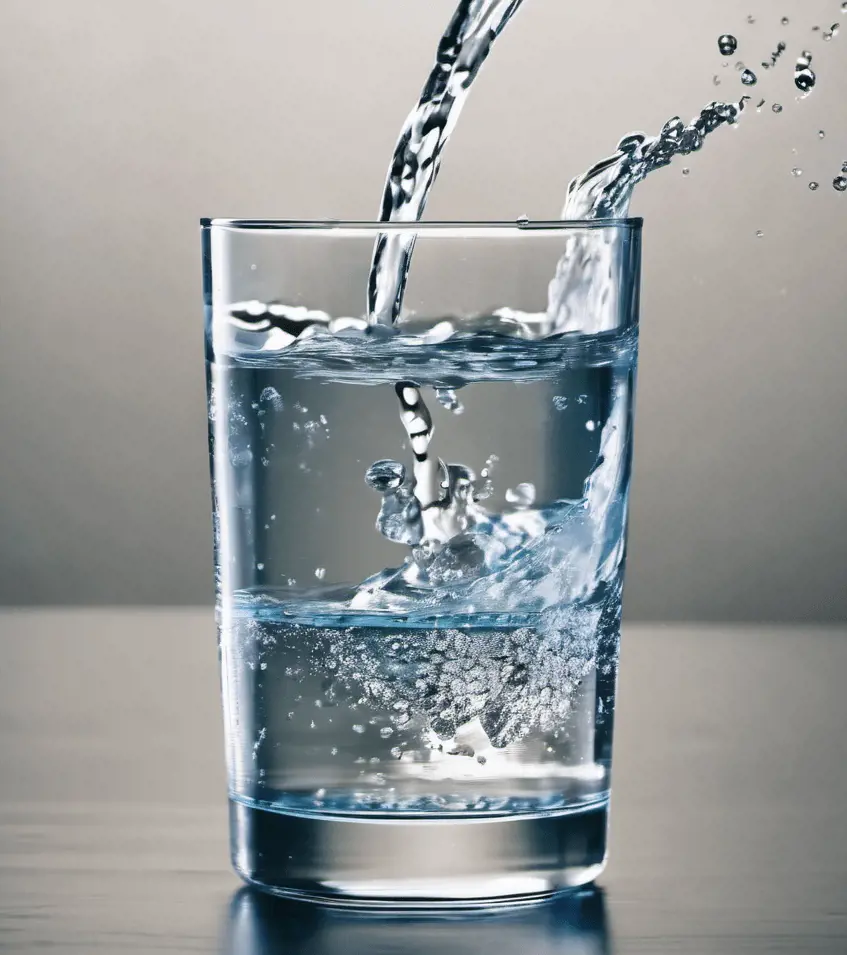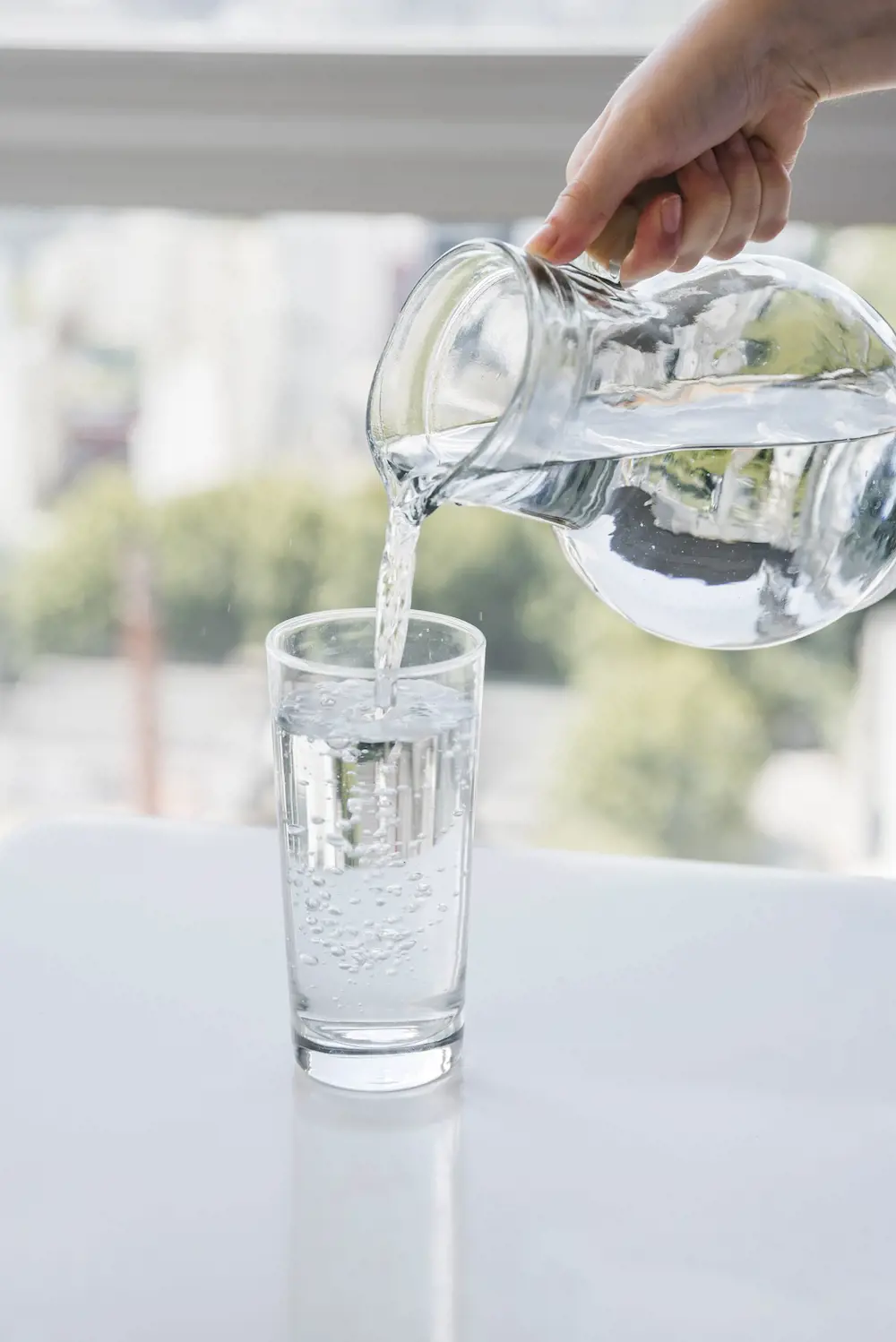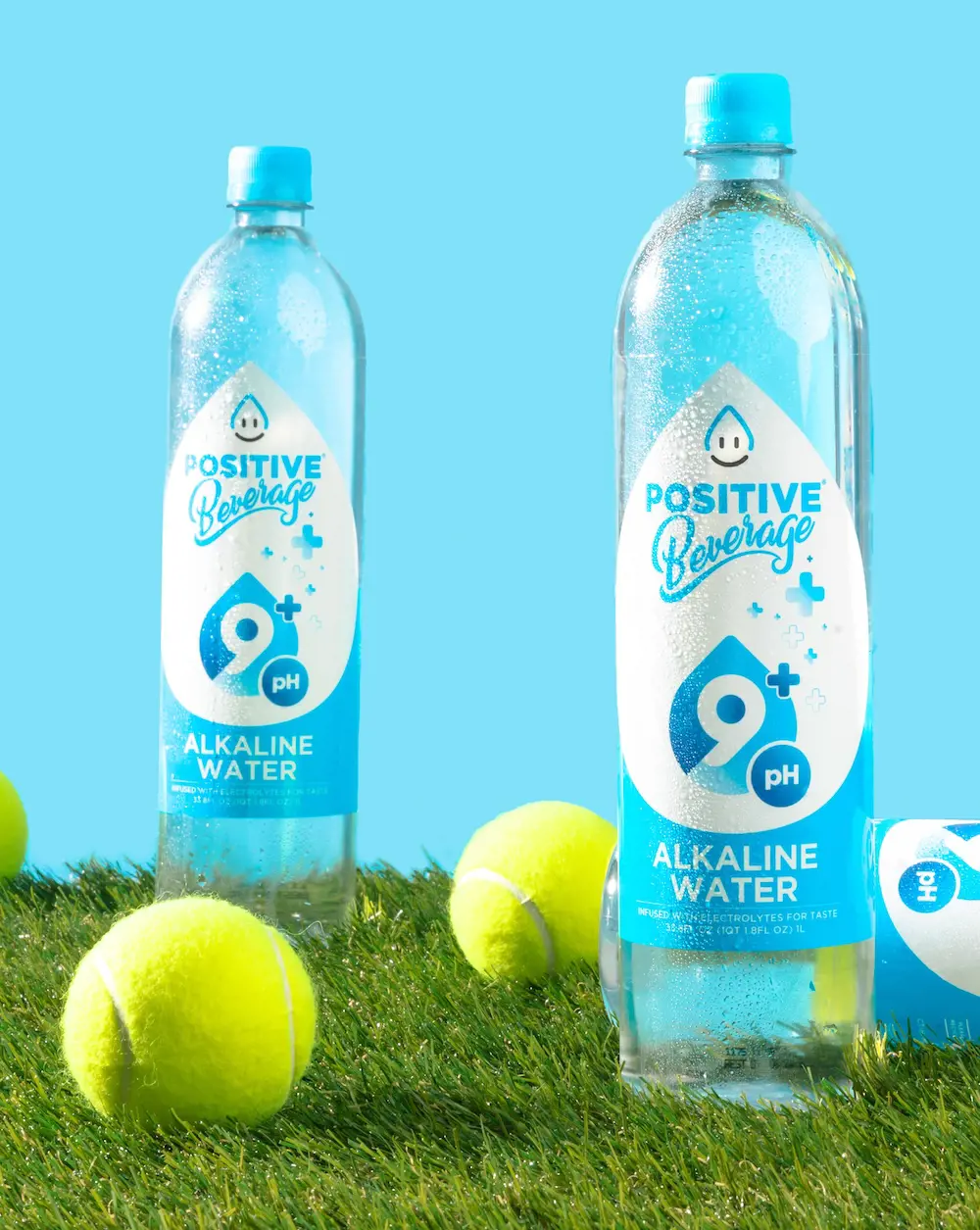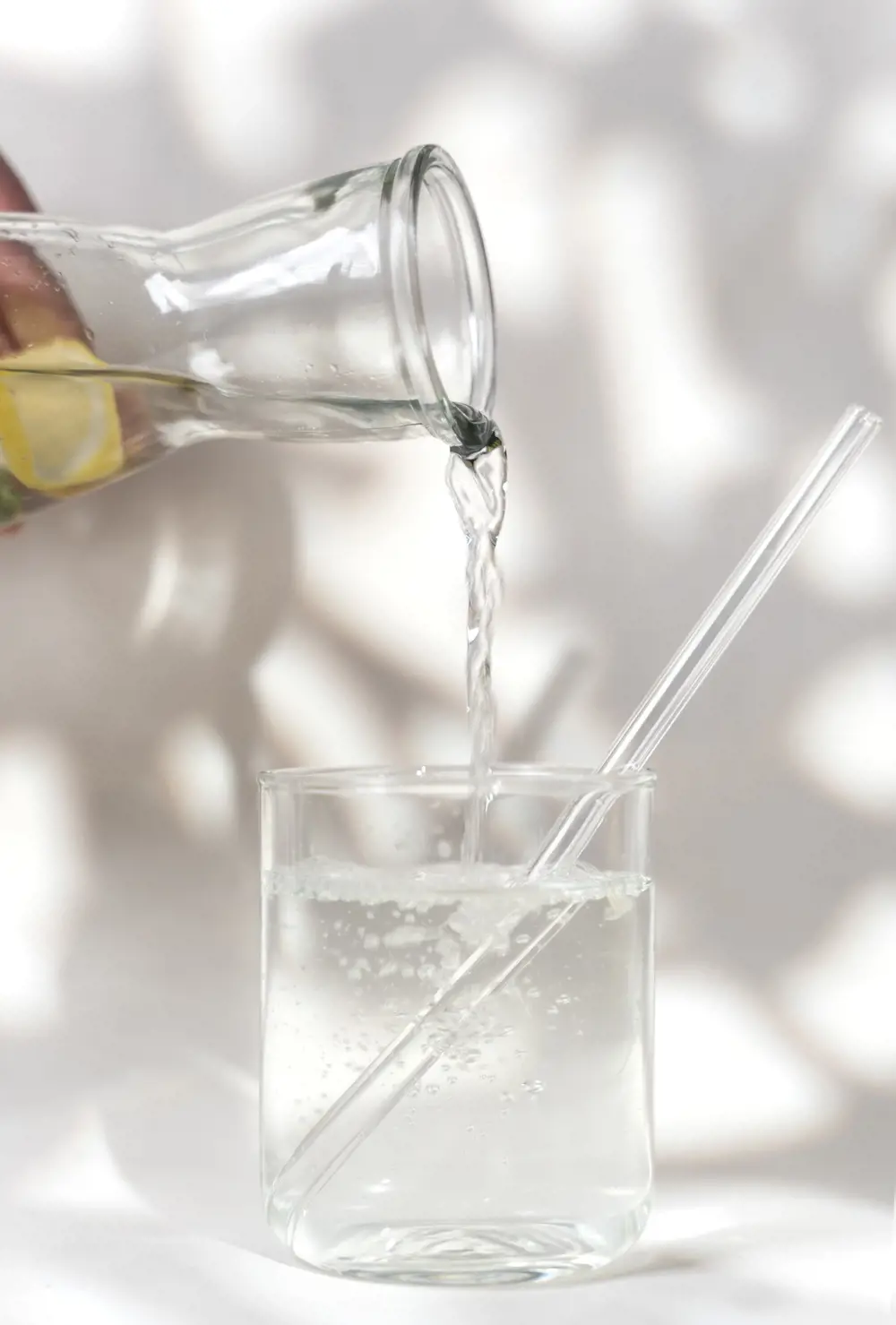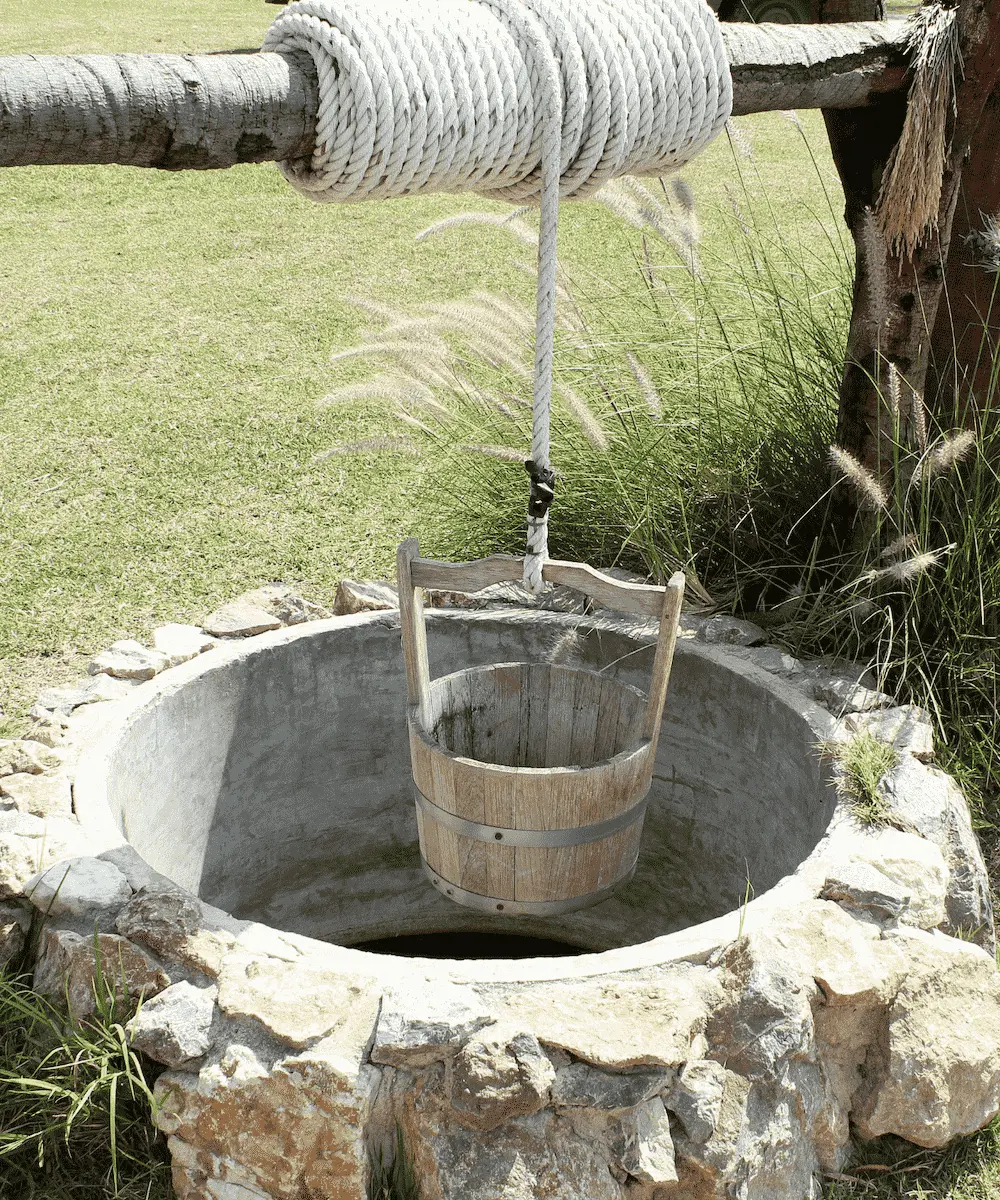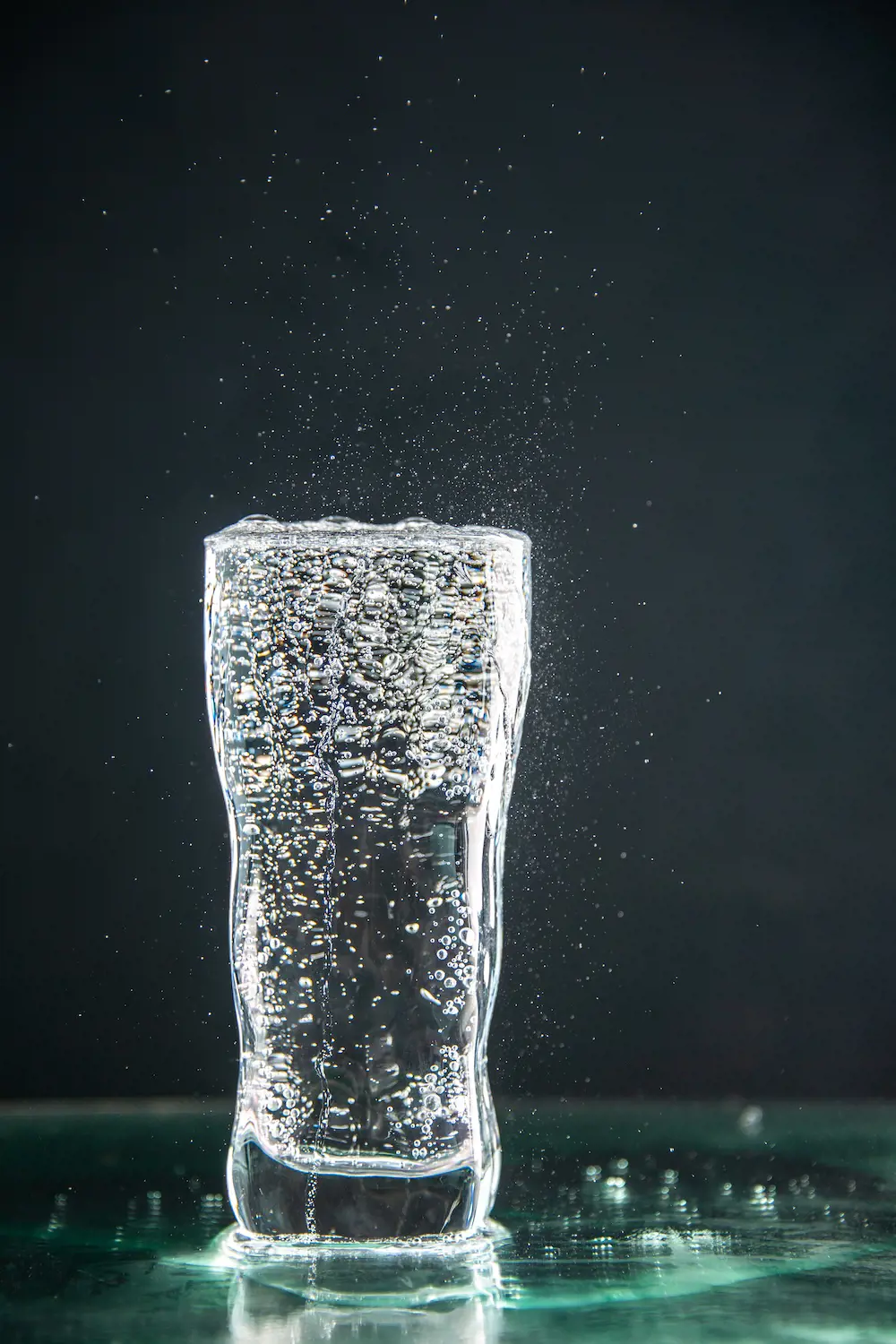1. Tap Water
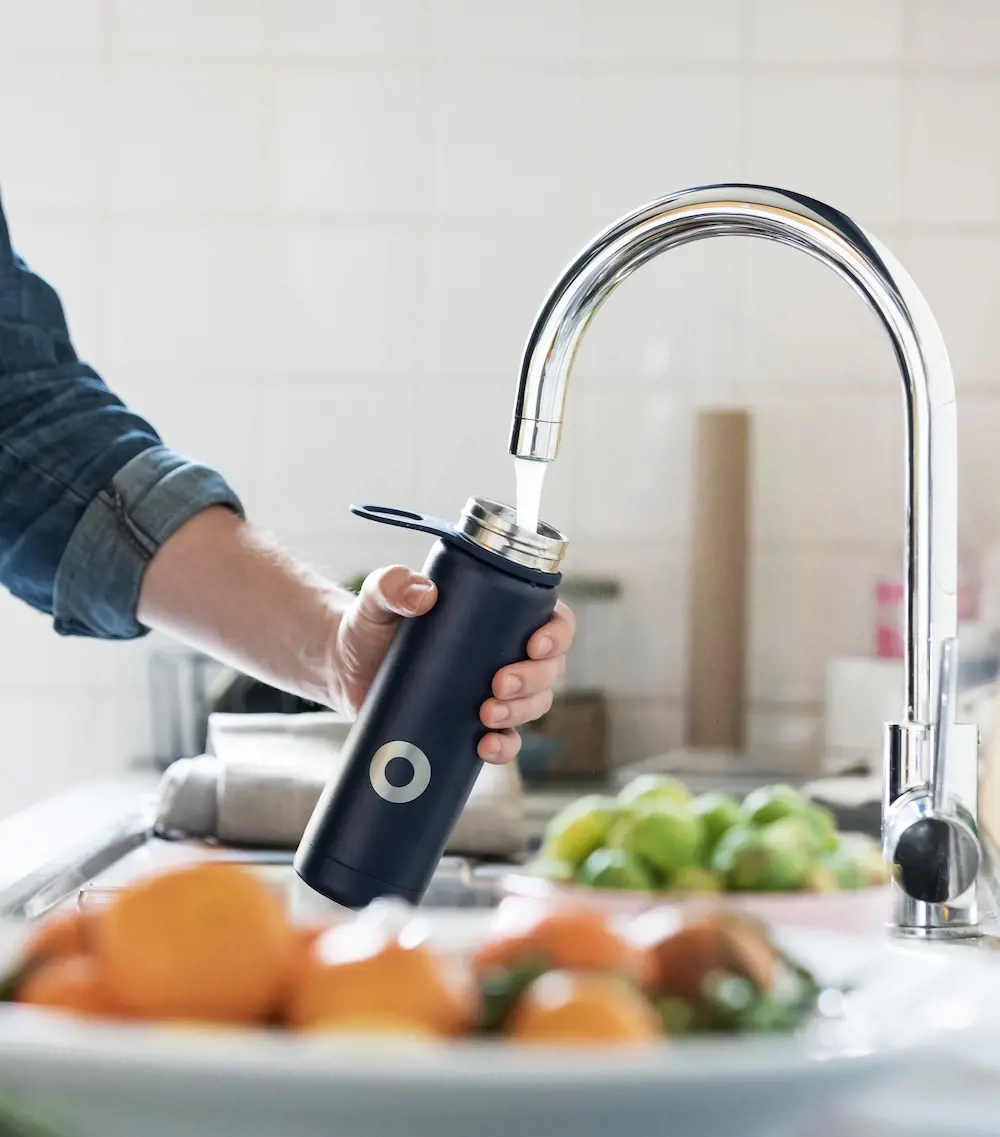
Tap water, sourced from municipal supplies, is a readily available type of drinking water. Subject to rigorous quality standards, it undergoes treatment processes to remove impurities, ensuring it meets safety regulations. Rich in essential minerals, tap water provides hydration without the environmental impact associated with single-use bottles.
Its accessibility, affordability, and contribution to oral health make tap water a convenient and sustainable choice for daily hydration. Despite concerns in some regions, routine testing and purification methods generally guarantee that tap water is a safe and dependable option for meeting daily hydration needs.
Pros and Cons
Tap water offers several advantages. It undergoes stringent quality checks, ensuring compliance with safety standards. Abundant availability and low cost make it an accessible option for many.
On the downside, tap water may carry a distinct taste or odor, potentially discouraging consumption. Concerns about pollutants and contaminants in some regions prompt some individuals to seek alternative sources. Additionally, issues like aging infrastructure may impact water quality.
